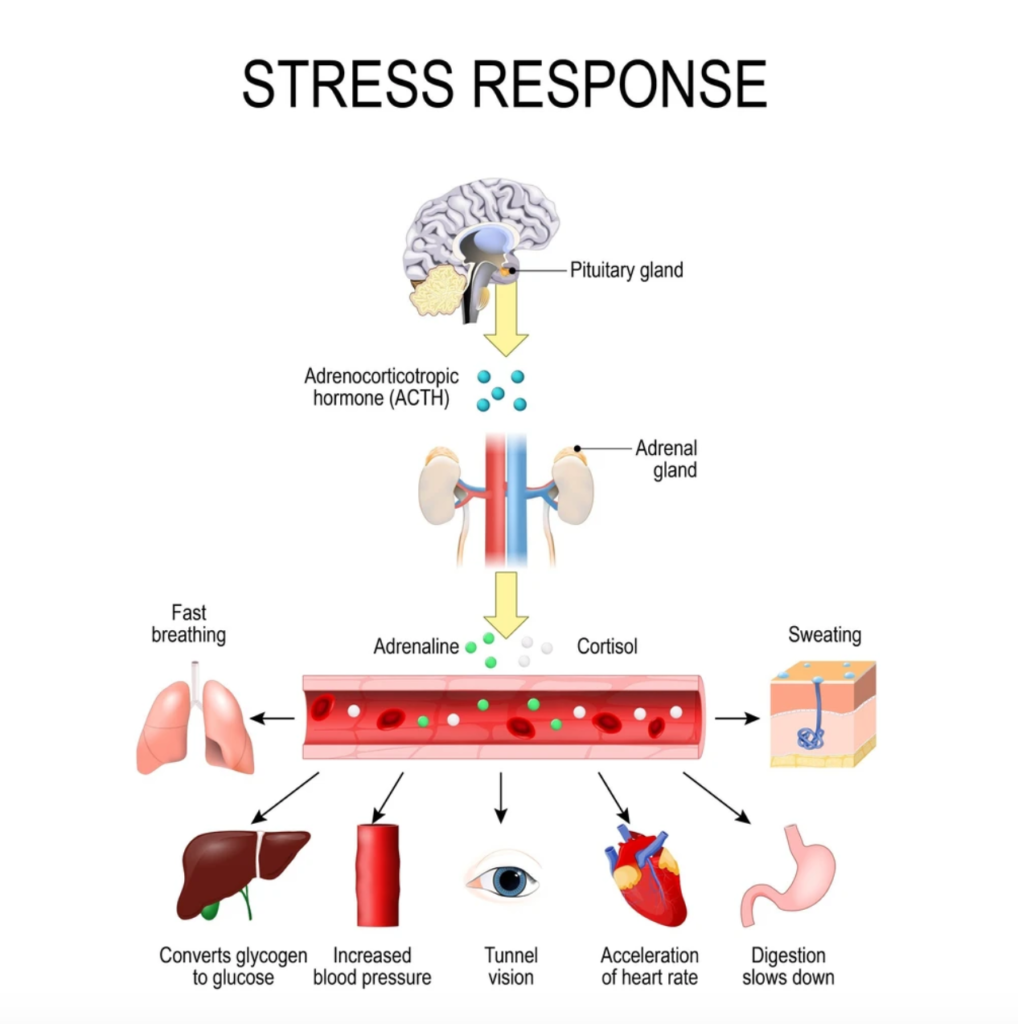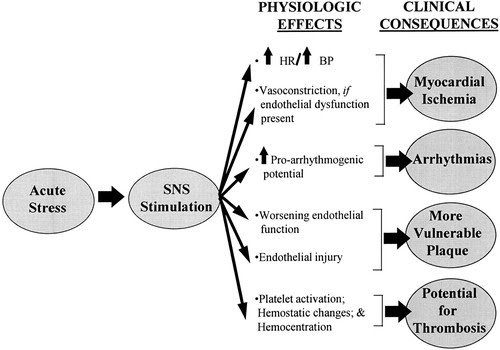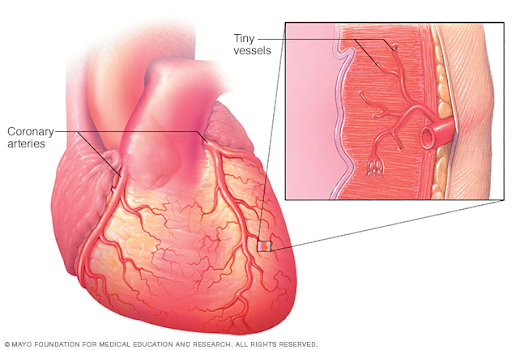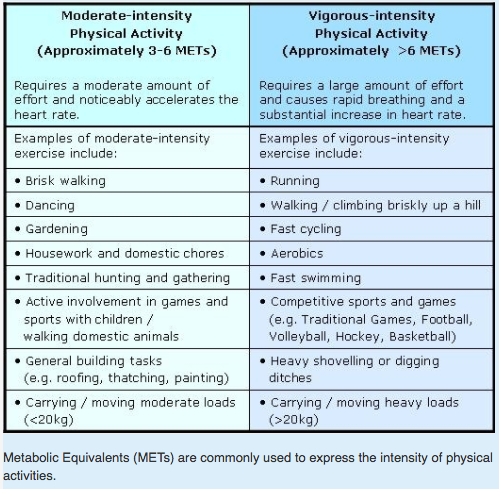Stress: An underappreciated risk factor for heart disease
In the early 20th century, Sir William Osler, the father of American Medicine recognized the relationship between the “wear and tear of life” and heart disease. However, not until recently has modern medicine started to focus on emotional and psychosocial stressors as important risk factors for heart disease.
How does stress affect the heart and heart disease risk?
Stress is an important evolutionary trait for all humans. Without an appropriate physical response to truly life threatening assaults – i.e increasing our heart rates, blood pressures, and blood sugar levels, etc – to allow us to run from lions, the human race may not have succeeded. However, in our modern lives, we have fewer life threatening stressors and yet our response to our day to day minor sources of anxiety is the same. This repeated response to stress increases our risk of developing new heart disease and of having repeated cardiac events.
When we encounter a stressor, our sympathetic nervous systems, i.e. our ‘fight or flight’ nervous systems, are activated. This sends signals to the brain to tell the body to release increased levels of the stress hormones cortisol and adrenaline. These hormones enter the bloodstream and cause an increase in our heart rates, blood pressures, blood sugar levels, vascular stiffness, and activate our clotting cascade, among other effects. Repeat episodes of acute stress or high levels of chronic stress can then lead to hypertension, diabetes, hyperlipidemia, heart failure and heart attacks.


Rozanski et al. Circ. 1999; 99:2192-2217.
Multiple studies have shown that people with high levels of stress are at significantly higher risk of heart disease compared to peers who do not report high stress levels. For example, the Women’s Health Study showed that among 17,000 women, those who reported a high level of work stress were at a 40% higher risk of heart attack or having to undergo cardiac bypass surgery compared to those with low levels of work stress. Other studies have also suggested that mental stress in patients who have already had a heart attack doubles the risk of future heart attacks.
Are women more at risk of stress-induced heart disease then men?
There is also some suggestion that emotional/psychosocial stress is a bigger risk factor for heart disease in women compared to men. First, women experience almost double the amount of stress/anxiety that men do (Remes et al, Brain and Behavior, 2016). The American Physiological Association reports survey data that shows that year after year, this gap between stress levels in men and women is widening. Secondly, physiologic studies suggest that women are more prone to have heart disease in the microvasculature, i.e. the small branch vessels coming off the main coronary arteries and it is these smaller vessels that are more prone to dysfunction and disease in the setting of stress and anxiety.

What can you do to reduce your risk?
At this point, there are no medications to target and reduce cortisol levels or adrenaline levels and reduce their effects on heart disease. So the trick is to work on preventing undue levels of stress and anxiety in the first place. This is easier said than done but it is a vital means by which to prevent heart disease. Below are some suggested stress reduction techniques.
- Exercise: The AHA/ACC recommends 150 minutes of moderate cardio or 75 minutes of vigorous cardio a week and 2 sessions of weight training.

- Eat well: The Mediterranean Diet is the best diet for reduction of coronary artery disease.
- Get enough sleep: Six to nine hours a night is recommended.
- Know your triggers: Anticipate upcoming stressors and work to calm your response to them
- Prioritize: You don’t need to do everything right now
- Meditate
- Socialize
- Don’t be afraid to get help: Discuss your stress levels with your doctors
LOCATIONS
Contact us for more information.
